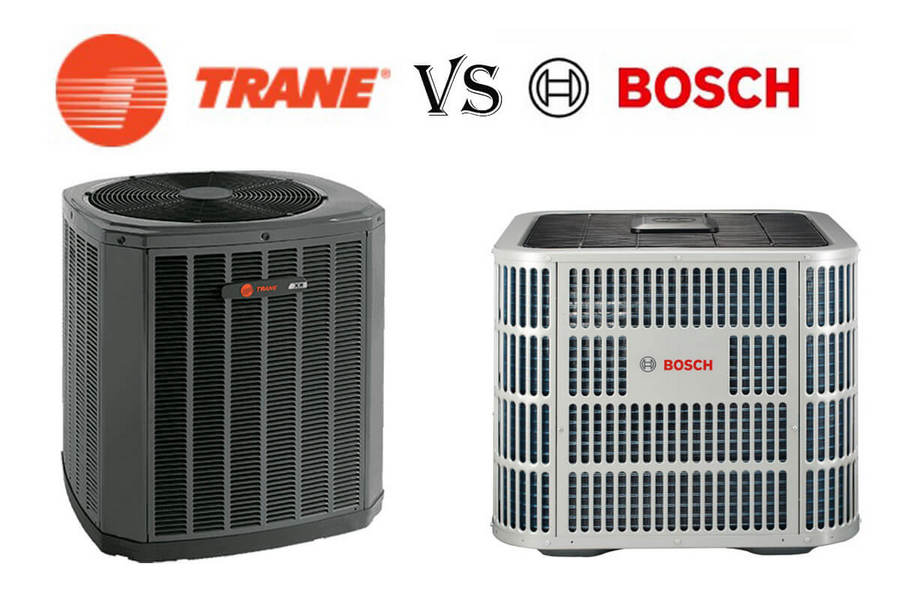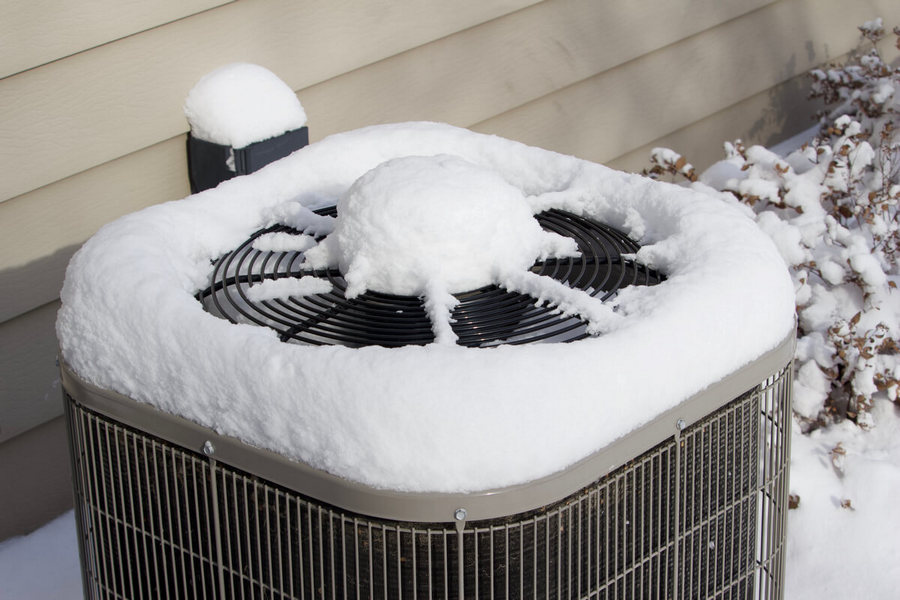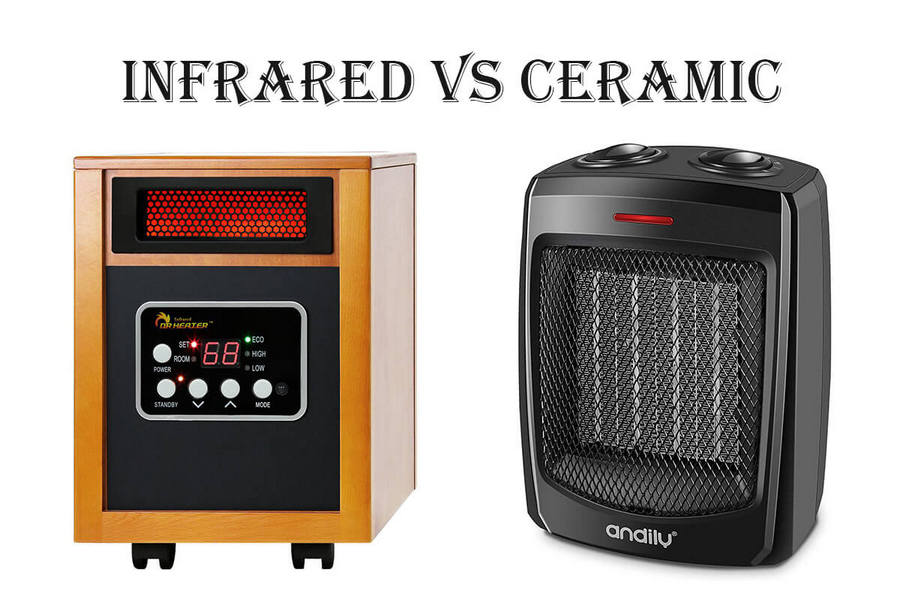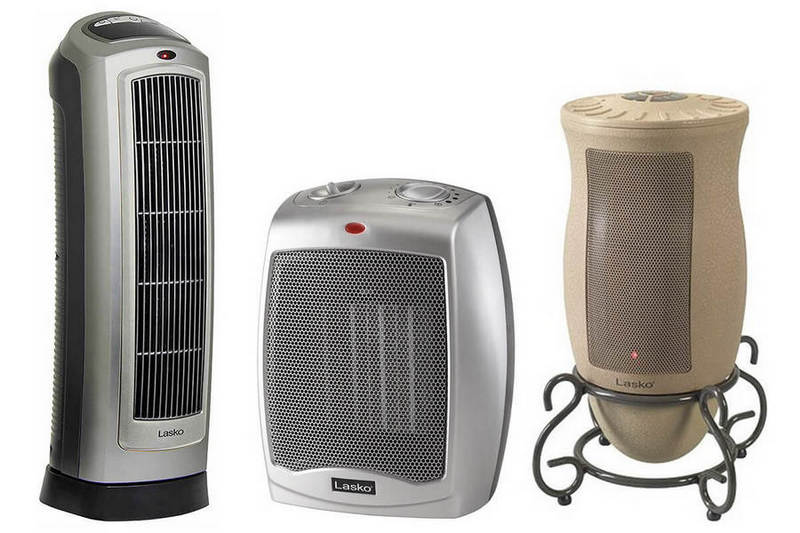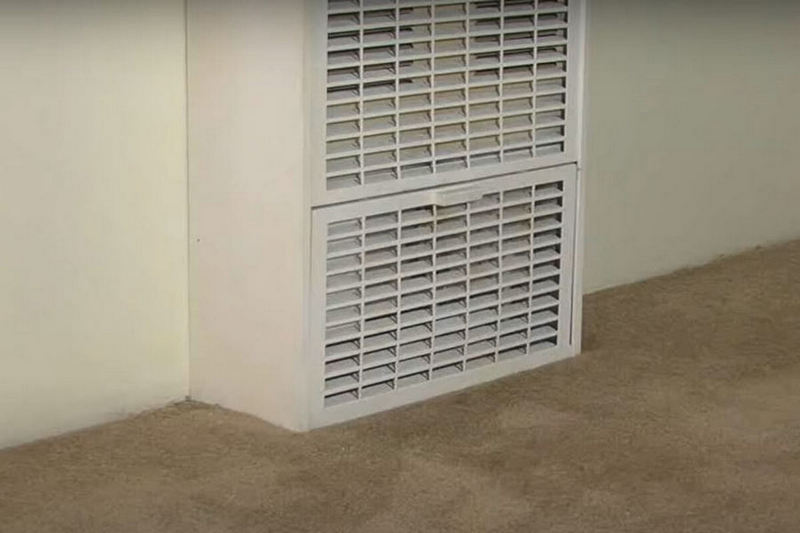If you care about both the environment and your wallet, install heat pumps. It is a green and economical investment.
Heat pumps function like air conditioners and heaters in reverse. During the warm summer months, they function normally, extracting heat from the inside air and recirculating the cooled air. On the other hand, during the colder months, they will transfer heat energy from outside air into your house.
Compared to other forms of electric house heating, this method is very efficient, using, on average, just half as much power. They are one of the finest methods for homeowners to minimize their carbon footprint and enjoy the advantages of a greener future without compromising their comfort.
When you choose the green path of sustainable life, you unavoidably face a typical market problem — which heat pump to choose? Little research will show that Trane and Bosch heat pumps are among the best ones. However, which one is better?
SEER Rating
SEER, also known as the seasonal energy efficiency ratio, is one of the most important indicators to take into account when choosing heat pumps. It evaluates the cooling capability of the system in relation to the amount of energy needed to operate it.
Meanwhile, the heating seasonal performance factor (HSPF) compares the heating output to the energy input of the system. US Department of Energy declared that greater HSPFs are preferable in colder locations, while higher SEERs are preferable in warmer climes. A high SEER rating equals better efficiency. As a result, you may expect lower heating costs and less strain on the environment.
As far as SEER ratings go, both brands perform really well in different aspects. When taking a closer look at SEER data across 2- and 4-ton units, for instance, Bosch comes out on top above Trane. In all 3- and 5-ton capacities, Trane comes up with better SEER data.
Noise Level
Heating equipment, unfortunately, makes noise both inside and outside. The majority of contemporary outside systems produce a noise level comparable to that of a light downpour or typical conversation, at roughly 60 dB. The decibel levels of certain really quiet versions of the latest systems are much lower.
The average range for interior heat pump systems is between 18 and 30 dB. Heat pumps are substantially less noisy than their gas-powered counterparts. This is because, unlike gas heaters, they do not have any moving parts like motors or ventilation systems like loud fans in their design.
The newest Bosch systems are equipped with a unique noise insulation technology that is also patented by Bosch. This technology results in an extra quiet device that is both efficient and small, making it a perfect option for your home. Trane also keeps up with the latest trends and actively works to reduce heat pump noise. Users report that modern systems are almost inaudible.
The noise levels of items are often listed in the user handbook and on the manufacturer’s website. They often give decibel-based noise estimates at different outside temperatures and fan speeds. Remember to check them up before buying.
Reliability
When searching for good and reliable heat pumps, you should keep in mind another important criterion — warranty. Remember there are two separate warranties. First, there’s the guarantee on the compressor, which covers only the compressor. The other is a guarantee that includes both components and labor, with the exception of the compressor.
Compressor warranties from Trane are longer than those from Bosch. In comparison to Bosch’s ten years, Trane gives 12. The second warranty takes care of the rest of the components. Both brands provide a 10-year components guarantee.
Price Comparison
When picking out a heat pump, cost should be taken into account. No doubt Trane’s price is definitely higher compared to Bosch. The average installed Trane system will cost you from $6,000 to $14,000. Meanwhile, Bosch is a bit more affordable — around $9,000.
A lower SEER rating doesn’t mean a worse quality product, and that’s certainly not the case with Bosch. Plus, considering the price differential, Bosch is the most cost-effective alternative.
Trane vs. Bosch: Conclusion
If you have carefully read all the aforementioned information and considered all the factors, Bosch is the obvious choice. It’s cheaper than Trane, has a better SEER rating in certain areas, and offers the same level of warranty protection. Even still, if you want the greatest heat pump available, Trane is still your best bet.

